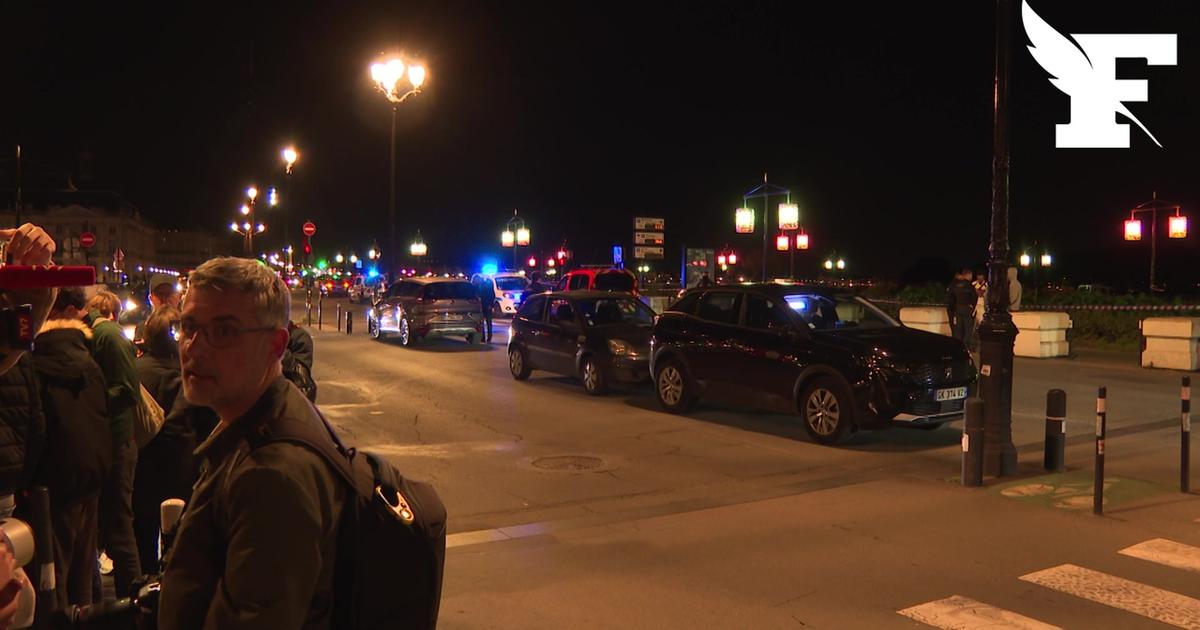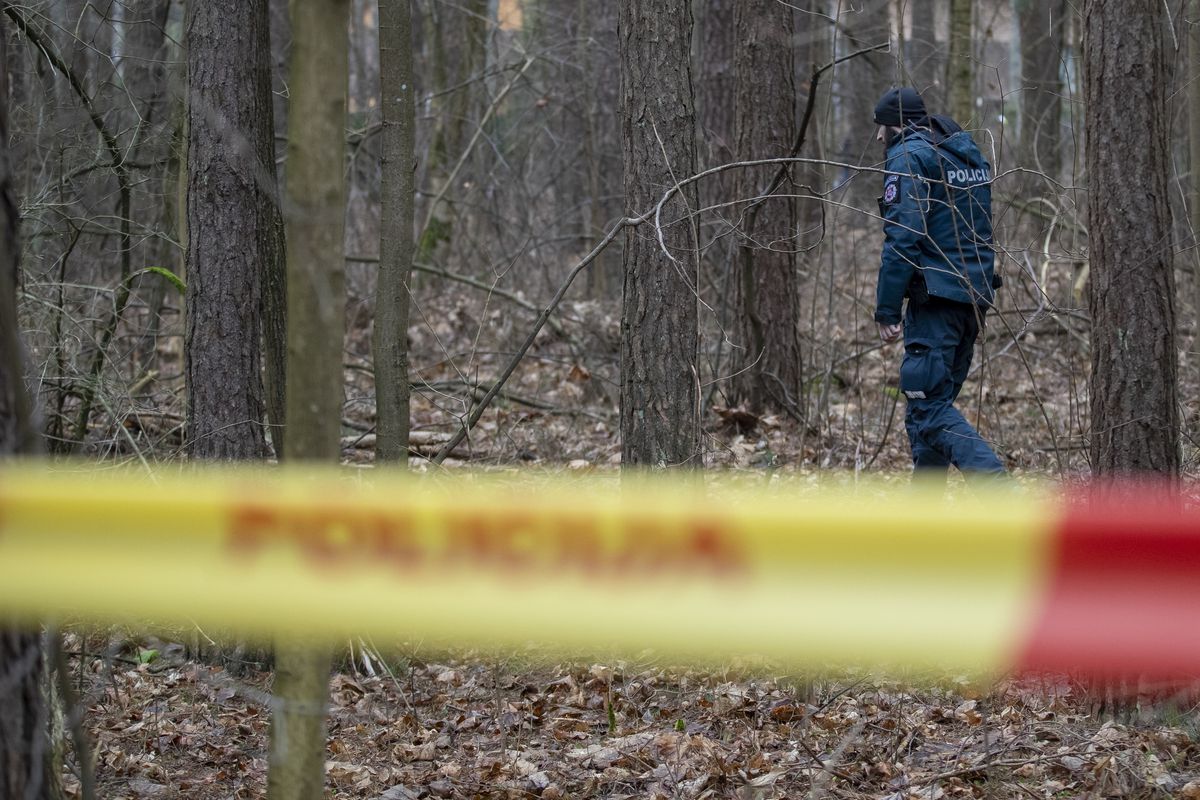Justice has made a last-ditch effort to locate and bring to justice Nazi war criminals who may still be alive.
Canada, the United States and Germany have initiated different legal proceedings in recent months against German concentration camp officials.
The objective is no longer to look for former hierarchs of the Third Reich, because most were born in the 19th century and it is very difficult for them to remain alive, but secondary perpetrators, but without those that the Holocaust and the Nazi extermination of all human beings that they considered inferior would have been impossible.
Efraim Zuroff, war crimes investigations coordinator at the Simon Wiesenthal Center in Jerusalem, estimates that there may be “several hundred” people left who committed crimes during Nazism.
“Many of them live in countries like Germany or Austria, which have very good health systems and, therefore, a high life expectancy,” he explains.
On the other hand, Zuroff, who has been persecuting Nazis for 40 years, has lost hope that those criminals who participated in the so-called Holocaust of bullets, the mass shooting of Jews after the invasion of the USSR, in the summer of 1941, will be prosecuted. because there is no will to look for them in Eastern European countries.
"Nobody is doing anything in Eastern Europe," explains Zuroff by phone from Jerusalem.
“They don't want to prosecute their own citizens.
The people who can stay alive are the local executioners, because the German commanders are already dead since they were older.
This is closely linked to the fact that these countries have changed the history of the Holocaust in the Second World War: they do not deny the Holocaust, but they maintain that it was only a matter of the Germans, when in fact there was a lot of local collaboration.
However, Zuroff does believe that the judicial movements of recent months show that the hope of finding justice for the victims has not been lost, especially in Germany.
Race against the clock to judge the accomplices of the Holocaust
Hunting the last Nazi in America
Devin Pendas, professor of history at Boston College and an expert in the persecution of the Nazis at the end of the war, explains that it is very difficult to know in how many countries the criminals who fled the ruins of the Third Reich took refuge, and much more to know how many can be alive.
"Although they escaped around the world, the majority stayed in Germany, especially the lower-ranking perpetrators," he says.
It is there, therefore, where more cases may appear in the coming years, although the possibility is increasingly reduced as time passes.
Just this Sunday marks 60 years since the beginning of the trial in Jerusalem against Adolf Eichmann, planner of the Holocaust, who was arrested in Argentina by an Israeli command and whose capture relaunched the global hunt for the Nazi hierarchs, which had been practically abandoned during the war. Cold
However, the majority of Nazi war criminals never sat before a court: Auschwitz, for example, passed about 8,200 members of the SS, of whom only 1,000 were finally tried for their crimes, almost all in Poland in the years immediately after the conflict.
In fact, as Ferdinand von Schrirach's novel
The Collini
Affair narrates
, in 1965 a law was passed on the sly in West Germany that basically amnesty the crimes of Nazism and was not repealed until the late 1970s.
The jurist and novelist Philippe Sands, who in his latest book,
Escape Route
(Anagram), precisely recounts the escape of Nazis, believes that this worldwide failure in the persecution of those responsible for the Holocaust, despite the Nuremberg trials and the capture of Eichmann, has weighed down international justice.
“It has had a terrible and negative influence,” explains Sands from London.
“The fact that this was allowed to happen sent a signal: nothing happens.
And that signal continues to have its effects today. "
Bruno Dey, 93, covers himself with a folder during his trial in Hamburg.Daniel Bockwoldt / AP
In the 1961 trial against the so-called architect of the
final solution
(the Nazi plan for the annihilation of European Jews), the concept of "banality of evil" emerged, coined by the philosopher Hannah Arendt in her
Eichmann
essay
in Jerusalem
, which is applied certainly to the elderly prosecuted today.
The idea of Arendt is that they were officials who jealously fulfilled their duty, even though their work helped to murder human beings on a massive scale.
The last investigated were accountants, secretaries, guards in a watchtower.
It is very significant that two of the processes opened in Germany are in juvenile courts, because the defendants were 17 years old when the crimes under investigation took place.
But the German justice considers that they were accomplices to murder, as in the case of Bruno Dey, a guardian in the Stutthof camp, sentenced in 2020 to two years in prison at 93 years of age by the Hamburg juvenile court.
In the verdict against Dey, Judge Anne Meyer-Goering responds in a very moving text to a question that arose during the process: does it make sense to prosecute the elderly of 90 or 100 years for crimes committed eight decades ago when, moreover, they were hardly some teenagers?
Judge Meyer Goering has no doubts: “Very normal people, like the defendant, thousands, hundreds of thousands, yes, millions of very normal people in Germany did that to very normal people, thousands and hundreds of thousands, millions of Jews, Poles, Lithuanians, Hungarians, Russians and dissidents.
That easy.
By indifference.
Out of a sense of duty.
For an order.
For lack of collective and individual conscience ”.
Judge Anne Meier-Goering at the opening of the proceedings against Bruno Dey in Hamburg on July 23, 2020. FABIAN BIMMER / Reuters
Judge Meyer-Goering's text revolves around individual responsibility and highlights that these heinous crimes were committed by officials who also had the option of being there, as many historians have shown.
"The accused was not a small cog, but a human being, one of the hundreds of thousands of people who led and supported Hitler's crimes," the verdict continues.
"And it was not a murderous machine either, but a mass murder of human beings, invented by human beings, organized by human beings and executed with the help of multitudes of human beings."
The cases currently open affect people who were very young and who played supporting roles in gruesome places, but without whose collaboration they could not have worked.
The United States deported Friedrich Karl Berger, a former guard from the Hamburg concentration camp in Neuengamme, in February, although the German Prosecutor's Office has just announced that it resigns to prosecute him for lack of evidence and witnesses.
Canada maintains a complex process open to deport Helmut Oberlander, 97, who was a translator for a death squad, one of the sinister groups of assassins called Einsatzgruppen, although he denies having participated, or even known, the atrocities.
In addition to Dey's conviction, two cases have recently been opened in Germany: against a 100-year-old man, whose name has not been released, who was a guard in the Sachsenhausen camp in Brandenburg, and against Irmgard Furchner, a woman from 95 years old who was 17 years old at the time of the events and was secretary to the head of the Stutthof camp, in Poland.
Both are accused of complicity in thousands of murders.
One of the tasks carried out by the Simon Wiesenthal Center is to find survivors from these camps, who can testify.
In the case of Bruno Dey, they located 20, but it is an increasingly complex search.
Because the victims, like the perpetrators, are slowly fading.
For them, seeking justice to the end is not just a matter of the past, but of the future.
So at least the Yiddish translator and Spanish resident Rodha Henelde, born in Warsaw in 1937 and a Holocaust survivor, believes: “Punishment should discourage others, even neo-Nazis.
And that there is a general rejection in the press of their activities, that they are exposed.
Let them know that their Nazi activities, neither modern nor those of the past, can go unpunished.
That must be justice ”.








